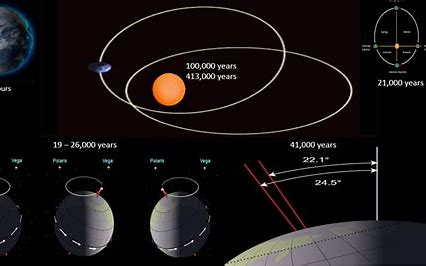The Science Behind the Vaccine

The experimental vaccine utilizes mRNA technology, which has gained significant attention for its role in COVID-19 vaccines. This technology works by instructing cells to produce specific proteins that trigger an immune response. In the case of cancer, the vaccine targets unique markers on cancer cells, training the immune system to recognize and attack these cells.
Promising Early Results
Recent clinical trials have demonstrated the potential of this vaccine in treating advanced-stage cancers. For instance, a phase 1 trial involving patients with advanced solid tumors, including lung cancer and melanoma, showed that the vaccine was well-tolerated and generated a robust immune response. In another trial, the vaccine was tested on patients with pancreatic cancer, one of the deadliest forms of cancer. The results were encouraging, with half of the participants mounting a lasting immune response against their cancer cells2.
Case Study: Triple-Negative Breast Cancer
One of the most notable successes of the experimental vaccine has been in the treatment of triple-negative breast cancer, a particularly aggressive and difficult-to-treat form of the disease. In a small clinical trial, 16 out of 18 patients remained cancer-free three years after receiving the vaccine. This is a significant improvement compared to historical data, which shows that only about half of patients who undergo surgery alone remain cancer-free after three years.
Future Prospects
While these early findings are promising, researchers caution that larger clinical trials are needed to confirm the vaccine’s effectiveness. Ongoing studies aim to further evaluate the safety and efficacy of the vaccine in a broader patient population. If successful, this vaccine could revolutionize cancer treatment by offering a personalized, immune-based approach to prevent recurrence and improve patient outcomes.
In conclusion, the experimental cancer vaccine represents a significant advancement in the fight against cancer. With continued research and development, this innovative approach has the potential to transform cancer care and provide new hope for patients worldwide.




